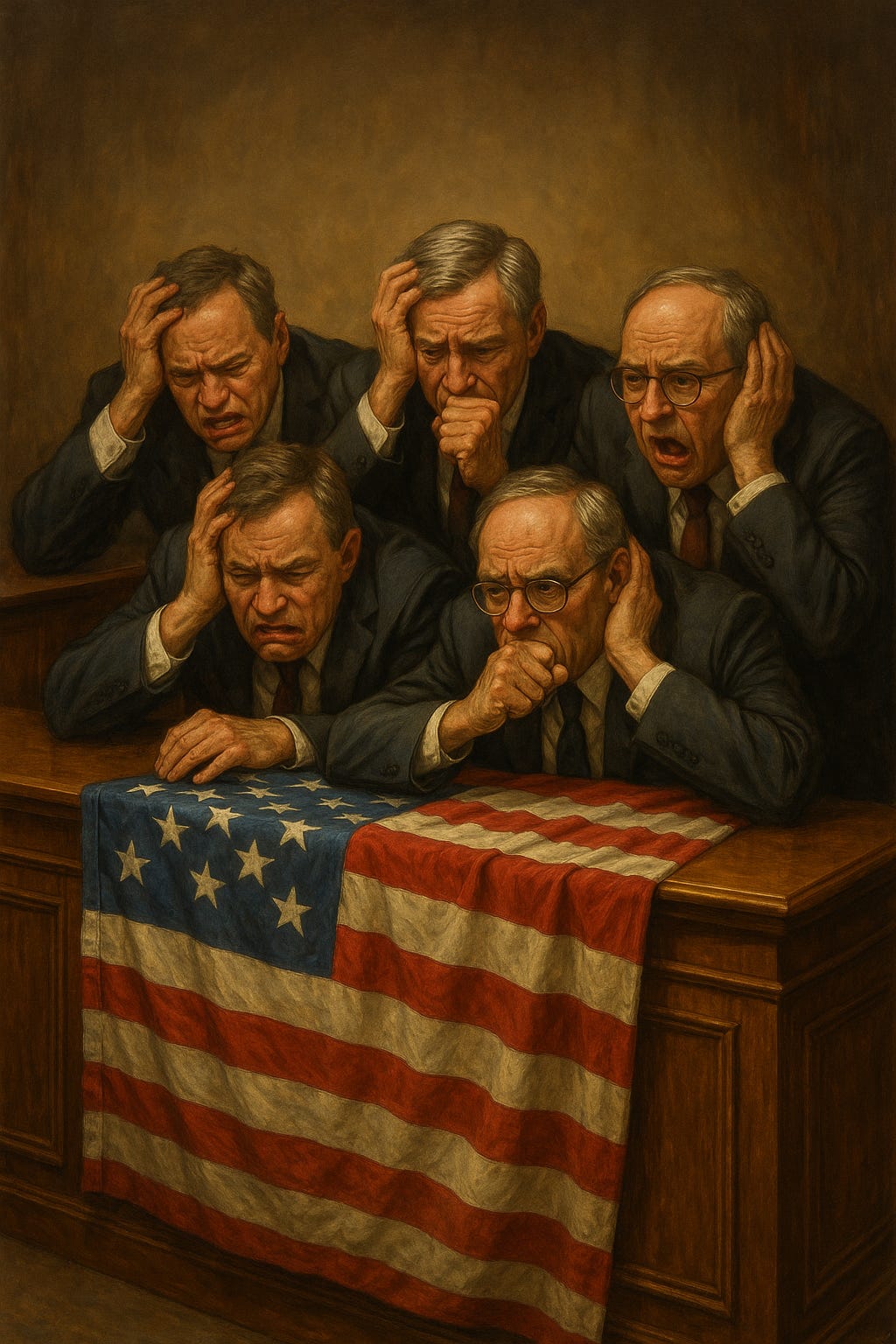Letters From A Great Grandfather Part 2
Wars - It is easier to bomb a city when you call its people terrorists, than when you call them parents.
Dear Family and Peers,
I write this letter not from a battlefield, nor a war room, but from the soil. From a quiet piece of Earth where seeds are planted in hope, not in fear. In addition, I have a question:
What is a ration book?
Being born in April 1948, I recall the after-effects of World War II. Luckily in the small town of Burnley, in Northern England (where I was born) there were no bullet riddled buildings or bombed out rubble-d buildings.
One effect though was the aforementioned “ration-book”. It was sort of the opposite of the rampant consumption driven by our current financially furious foibles. My family Father, Mother, Grandmother etc were limited to what they could buy, yes, actually limited. “To deal with sometimes extreme shortages, the Ministry of Food instituted a system of rationing. To buy most rationed items, each person had to register at chosen shops and was provided with a ration book containing coupons. The shopkeeper was provided with enough food for registered customers. Purchasers had to present ration books when shopping so that the coupon or coupons could be cancelled as these pertained to rationed items.” More information on this here.
And yet, war seems always to return.
Like some grim tide, dressed anew each time in flags, slogans, and televised justifications.
So let me speak plainly, as your great grandfather:
War is nonsense. Deep, aching nonsense.
It is a betrayal of everything we know in our bones to be true and fighting over a piece of cloth (a flag) is a dangerous delusion.
We Are Not Made for This
Most human beings—yes, most—do not want to inflict pain.
We wince when a child cries. We soften when an elder stumbles.
Even when we disagree, something in us hesitates before harm.
This is not weakness.
This is humanity’s bedrock empathy.
And yet, war thrives. Not because people want to kill each other—
but because systems are built to override that empathy. Military training Is a plain example.
They dress up violence in uniforms and anthems.
They say you must hate the other to love your own.
And if you question it? You are labeled disloyal, unmanly, naive.
What a trick. What a trap.
The Leaders Who Light the Match Rarely Burn
Those who start wars rarely fight in them.
They speak of “sacrifice” from behind podiums,
while soldiers sleep in mud,
and families wait beside phones that do not ring.
It is the poor who enlist.
It is the widowed who mourn.
It is the children—always the children—who carry the trauma forward,
invisible but heavy, through generations.
I have lived long enough to see the same play performed over and over:
Old men talking of honor,
while young men bleed into dust.
What If We Called War What It Is?
Not strategy.
Not defense.
Not “peacekeeping operations.”
But organized, industrialized pain orchestrated by cowards.
What if the nightly news showed not maps and arrows—but the faces of those whose lives unravel because of decisions made far away?
What if we taught our children (you all) to ask:
We Could Choose Differently
This I know:
We could feed every hungry child on Earth for less than we spend on a week of war.
We could build libraries, seed banks, and water systems where bombs now fall.
We could teach our young to mend soil and hearts, not to carry rifles.
It is not naive to believe in peace.
It is naive to keep believing that war is inevitable, in fact we have to dash these beliefs and elevate our consciousness.
And So, Dear Ones…
If you feel the pull of sorrow when the world rages—listen to it.
If you feel the surge of anger at injustice—harness it for healing, not hate.
If you feel powerless, remember this:
Even the smallest seed, buried in darkness, can become a tree that shelters many.
I do not know what kind of world you will inherit.
But I write these letters hoping to leave you something truer than flag or coin:
The memory that peace is possible.
And the reminder that it begins inside us,
and grows wherever we refuse to hurt one another.
With love beyond words,
Your Great Grandfather




